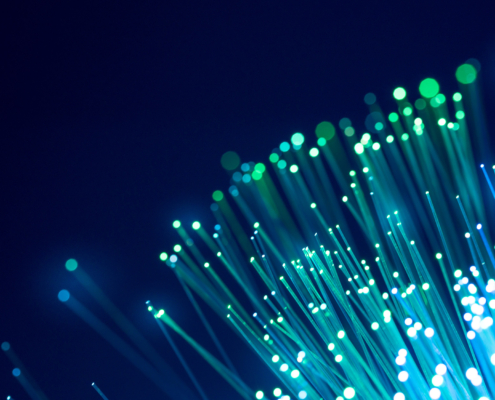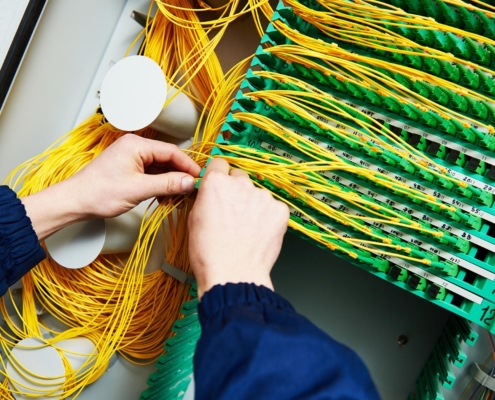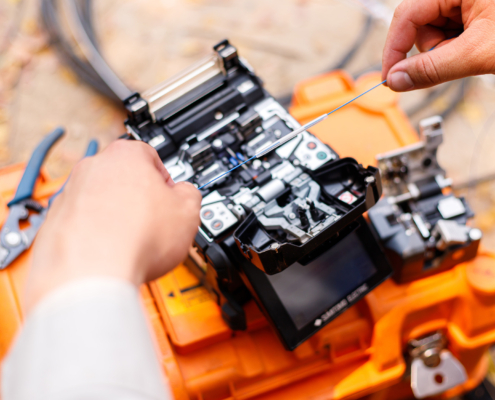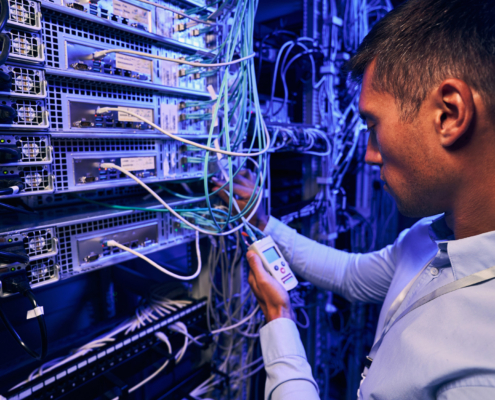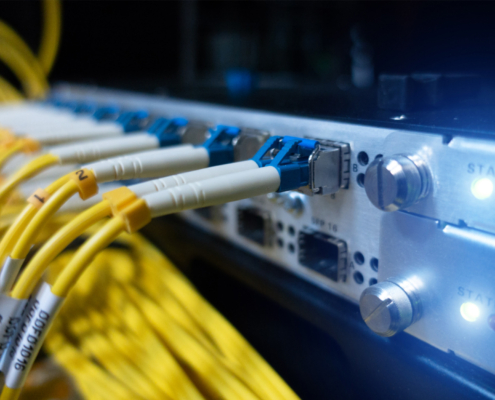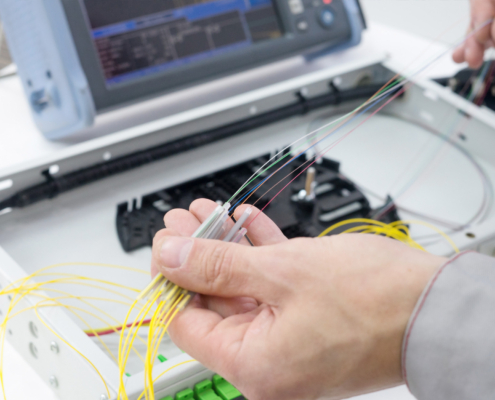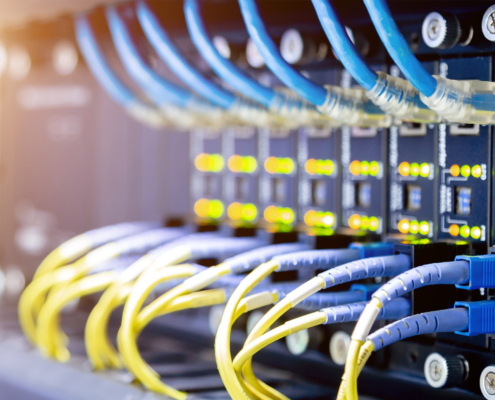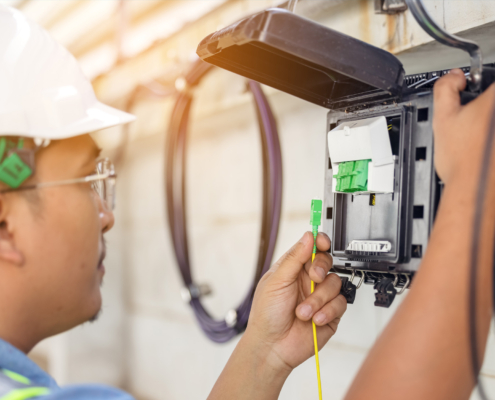Q: What are the advantages of using fiber optic cables over copper cables?
A: Fiber optic cables offer several advantages, including higher bandwidth, faster data transmission speeds, longer transmission distances without signal loss, and immunity to electromagnetic interference.
Q: Can commercial fiber optic cables be used for both internet and phone services?
A: Yes, fiber optic cables can support multiple services, including internet, phone, and even television, making them a versatile choice for commercial applications.
Q: How long do fiber optic cables last?
A: With proper installation and maintenance, fiber optic cables can last for several decades. They are highly durable and resistant to environmental factors that can degrade other types of cables.
Q: Is it possible to upgrade an existing network to fiber optics?
A: Yes, existing networks can be upgraded to fiber optics. This process typically involves replacing old copper cables with fiber optic cables and updating network equipment to support the new infrastructure.
Q: Are there any special maintenance requirements for fiber optic cables?
A: Commercial fiber optic cables require minimal maintenance compared to copper cables. However, it is essential to keep the cables clean and free from physical damage. Regular inspections and testing can help ensure optimal performance.
Q: How do I choose the right type of fiber optic cable for my business?
A: The choice between single-mode and multi-mode fiber optic cables depends on your specific needs. Single-mode fibers are ideal for long-distance transmission, while multi-mode fibers are suitable for shorter distances and higher data rates.
Q: What factors affect the cost of fiber optic cable installation?
A: Several factors can influence the cost, including the length of the cable run, the type of fiber optic cable used, the complexity of the installation, and whether any existing infrastructure needs to be upgraded or replaced.
